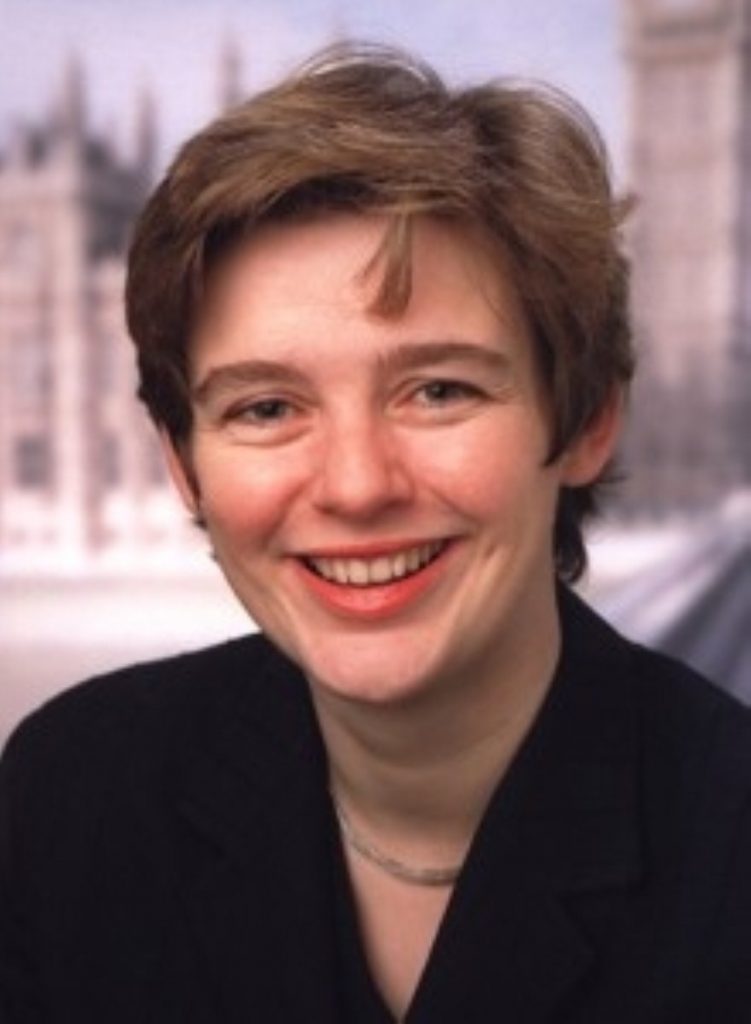Equality review presents ‘challenge’ to govt
The communities minister Ruth Kelly welcomed today’s Equalities Review as a “challenge” to the government to “go further”.
Ms Kelly maintained that no government had done more to help women balance work and family but accepted that challenges remained and would not be met without government action.
The report by the Equalities Review, commissioned by Tony Blair to discover the underlying causes and extent of inequality, found that good progress has been made towards a fairer society in the past 60 years but some kinds of inequality remain at “intolerable levels”.
Highlighted was the discrimination faced by women with children, with a mother of a child under 11 40 per cent less likely to be in employment than a man.


The review warned that the UK needs to “dramatically” improve equality or future generations will not see a representative parliament or equal society.
At the current rate of progress it would take until 2085 to close the pay gap between men and women and nearly 40 years to close the attainment gap between 11-year-old Black Caribbean pupils in English and maths.
Chaired by Trevor Phillips, the review recommends a ten step programme for making Britain a fairer and more equal society. These include supporting employers to take positive action, an enforcement regime overseen by the Commission for Equality and Human Rights and targeted action on the most persistent inequalities.
Mr Phillips said: “Today, we report that greater equality would benefit the whole of society. But we also warn that inequality still scars our entire society and holds back too many individuals from realising their potential.
“If we do not create a new framework to tackle existing, entrenched and emerging inequalities we risk losing the momentum built up by three generations.
“The last few years have seen inequality reduced in many ways. But as the tide of disadvantage recedes, the rocks of persistent inequality have been revealed.”
Ms Kelly responded that the report “rightly challenges us to go further”, but she defended the government’s record on equality.
She argued: “Ten years ago there was not even a debate about child poverty and there was no real commitment from government to turning around deprived communities or giving people an equal chance to get on in their lives.
“From cutting child poverty to introducing civil partnerships to protection against race hate crimes, we have made a real difference to people’s lives.”
The Fawcett Society claimed that the report “explodes the myth that today’s women have it all”.
Director Katherine Rake said:”It is important that men are not overlooked in this debate. For gender equality to become a reality, greater efforts must be made to support fathers’ desire to spend more time with their children.
“The report makes clear the scale of the problem. We call on government today to redouble its efforts to end discrimination and secure a more equal future for all.”
The Commission for Racial Equality warned against creating a “hierarchy of disadvantage”, stating that inequality affects all of society and must be put at the heart of the political agenda.

